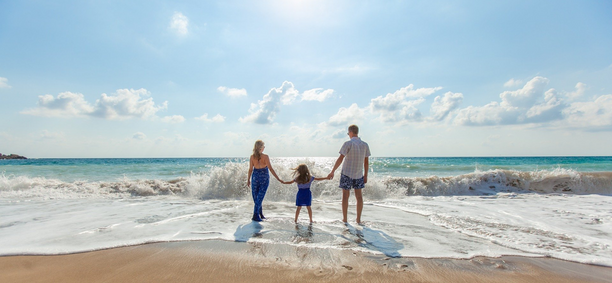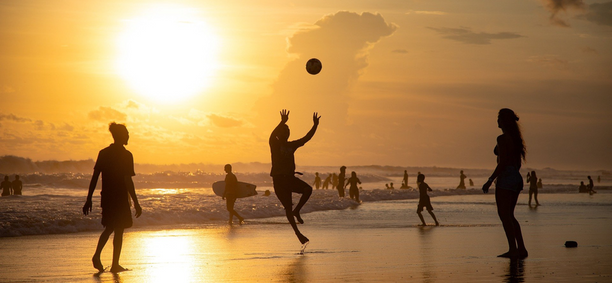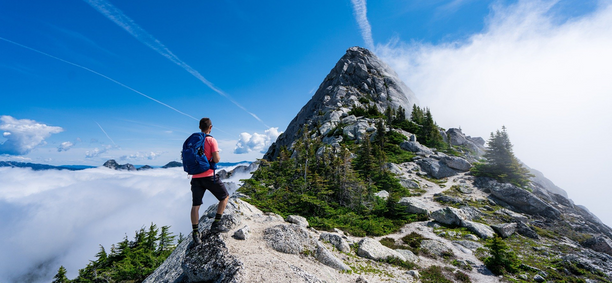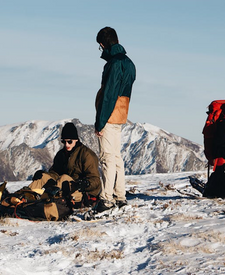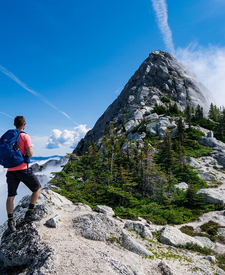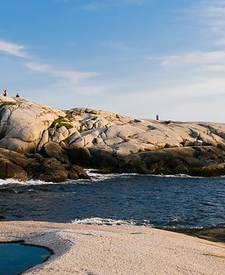Navigating Winter Holiday Adventures: Safety Tips for Outdoor Enthusiasts
As the holidays approach, many people look forward to getting outside and having adventures in the great outdoors. From hiking scenic trails to skiing down snowy slopes, outdoor activities can help create wonderful holiday memories. Nonetheless, navigating the outdoors also comes with risks if proper precautions aren’t taken.
In this article we explore everything you need to know about venturing out and hiking during winter. What to do, what NOT to do, practical advice and recommendations when purchasing specialized equipment adapted to the cold winter.
Check the Weather Forecast
Before heading out on any outdoor adventure, it is critical to check the weather forecast. Weather conditions can change rapidly, especially in the winter, and getting caught off-guard by a storm or plummeting temperatures can put you in grave danger. Be sure to thoroughly research forecasted precipitation, wind, visibility, temperatures, and sun exposure for the specific area you’ll be in and on the days you’ll be there.
Pack appropriate gear and clothing to match the forecast, accounting for both daytime and overnight temperatures if relevant. Don’t ignore weather warnings either – heed any storm watches, winter weather advisories, or avalanche warnings issued by meteorologists or local authorities. These professionals monitor many data points you don’t have access to, so trust their advice and delay adventures if red flags are being raised.
Pack Proper Supplies
Another key to safe outdoor adventuring is packing proper supplies, including first aid kids. Having the right gear and backup equipment is essential in case something goes wrong. Here are some key items every outdoor pack should include:
- First aid kit – These should contain bandages, gauze, antiseptic wipes, pain relievers, wound cleaning agents, antibiotic cream, medical tape, tweezers, trauma shears, thermometers and detailed first aid instructions. Know how to use all items properly before setting out. You can get more info here.
- Food and water – Pack enough high-protein, non-perishable snacks, and water for each person to last beyond your expected timeline, in case of delays. Hydration is critical but avoid alcohol, which decreases core body temperature. Electrolyte mixes can counter dehydration from winter sports.
- Navigation tools – Carry detailed topographical maps of the area and a compass and/or GPS device to avoid getting lost. Know how to use them properly before relying on them. Print-outs from mobile apps are not enough.
- Torch/headlamp – Pack extra batteries and bulbs too. Essential if night falls earlier than expected or events delay your return.
- Lighter and fire-starters – Helpful if needing to make an emergency fire for warmth and to attract rescuers. Aim for visible spots clear of overhanging branches if possible.
- Shelter/warmth – Pack an emergency blanket, bivy sack, extra hand warmers, and redundant layers to protect against cold injury. Know signs of hypothermia.
- Communication device – Carry a fully charged mobile phone with extra battery pack as well as a satellite communication device to call for help if needed. Ensure adequate reception coverage for your route.
Look for Quality Equipment in reliable stores
Activities such as climbing the mountains in winter or hiking in adverse weather conditions can easily become a bad experience if we do not have quality equipment. To do this, from our platform we always recommend looking for reliable stores through the opinions of other users and experts in these types of trips.
Thanks to reading the reviews of former hikers you can find the best tents, accessories for traveling when it is excessively hot and cold and, in general, greater security when making your purchases online. At ReviewsBird.co.uk you can find multiple stores related to climbing and mountain equipment through the wild during the winter.
Notify Others About Your Plans
Before heading out on any holiday outdoor adventure, make sure you notify multiple other people about precisely where you will be going and when you plan to return. Give all the specific details of your destination, route, parking location, etc. to family members and friends who are not going on the trip. Make sure they know who to contact and how to reach them if you don’t check in at the predetermined times.
Research Local Hazards
Beyond packing properly for expected weather conditions, also research any unique hazards or risks associated with the specific region and terrain through which you’ll be traveling over the holidays. Understanding potential local dangers will make you more alert and vigilant while adventuring. Ask experienced locals, read park signage carefully and heed any posted warnings. Avoid unnecessary risks that could ruin your holiday if safety precautions prove inadequate. Focus on adventure locations based on your current skill level.
Stick Together
If you’ll be adventuring with a group, make sure everyone sticks together rather than splitting up. Wandering off alone significantly raises risks across outdoor activities. On a winter hike, for example, leaving the group could result in you getting lost in dangerous terrain and weather, with no one aware that you are missing or able to respond promptly. Make sure each person looks out for the others, keeping their location known at all times. Assign an experienced lead navigator who understands the route to guide your group and prevent losing your way. Appointing a dedicated person to remain at the end of your hiking group ensures no one falls behind unnoticed, too. Alternatively, implement a buddy system that requires everyone to always pair up with someone.
Know Your Limits
Being realistic about your skills, fitness levels and experience is key to avoiding dangerous situations outdoors. Don’t attempt activities that are beyond your abilities, especially in extreme weather or terrain. If you are just learning how to ski, for example, don’t head out alone into an avalanche-prone backcountry area that requires specialised gear and navigation skills. Instead, stick to gentle beginner slopes with others around. Train incrementally to build your expertise over time before tackling advanced activities independently.
Prepare Backup Plans
Even with extensive preparations, unexpected circumstances can still arise, so solid backup plans are essential. Carry printed contact info and directions to the nearest hospital, health clinic and police department in case prompt medical care becomes necessary. Having an emergency action plan detailing the next steps for common crisis scenarios can help maintain calm and focus, too. Share your backups with your notified contacts as well, allowing them to dispatch help quickly if required. Building contingency options into your adventure strategy lets everyone concentrate on responding effectively.
Conclusion
Staying safe while adventuring outdoors over the holidays requires thorough preparation and vigilance. Carefully checking weather forecasts, packing proper supplies, notifying contacts, researching local hazards, sticking together, and knowing personal limitations means outdoor enthusiasts can greatly reduce risks and enjoy the holidays. Do not underestimate the power of the opinions of users and experts on this topic who recommend sports stores for winter clothing, accessories and equipment such as mountain tents and shelters. This will save you trouble and allow you to buy reliable equipment to do all your activities with complete confidence.
Remaining mentally prepared with backup plans allows for a calm and effective response if circumstances still go awry. Taking personal responsibility through these comprehensive precautions allows for fulfilling outdoor adventures. With so many variables beyond your control in wilderness settings, travelling prepared provides essential protection. Implementing these safety measures will give you the peace of mind to fully embrace your holidays spent enjoying mountain peaks, travelling along wooded trails or skiing through fresh powder.

